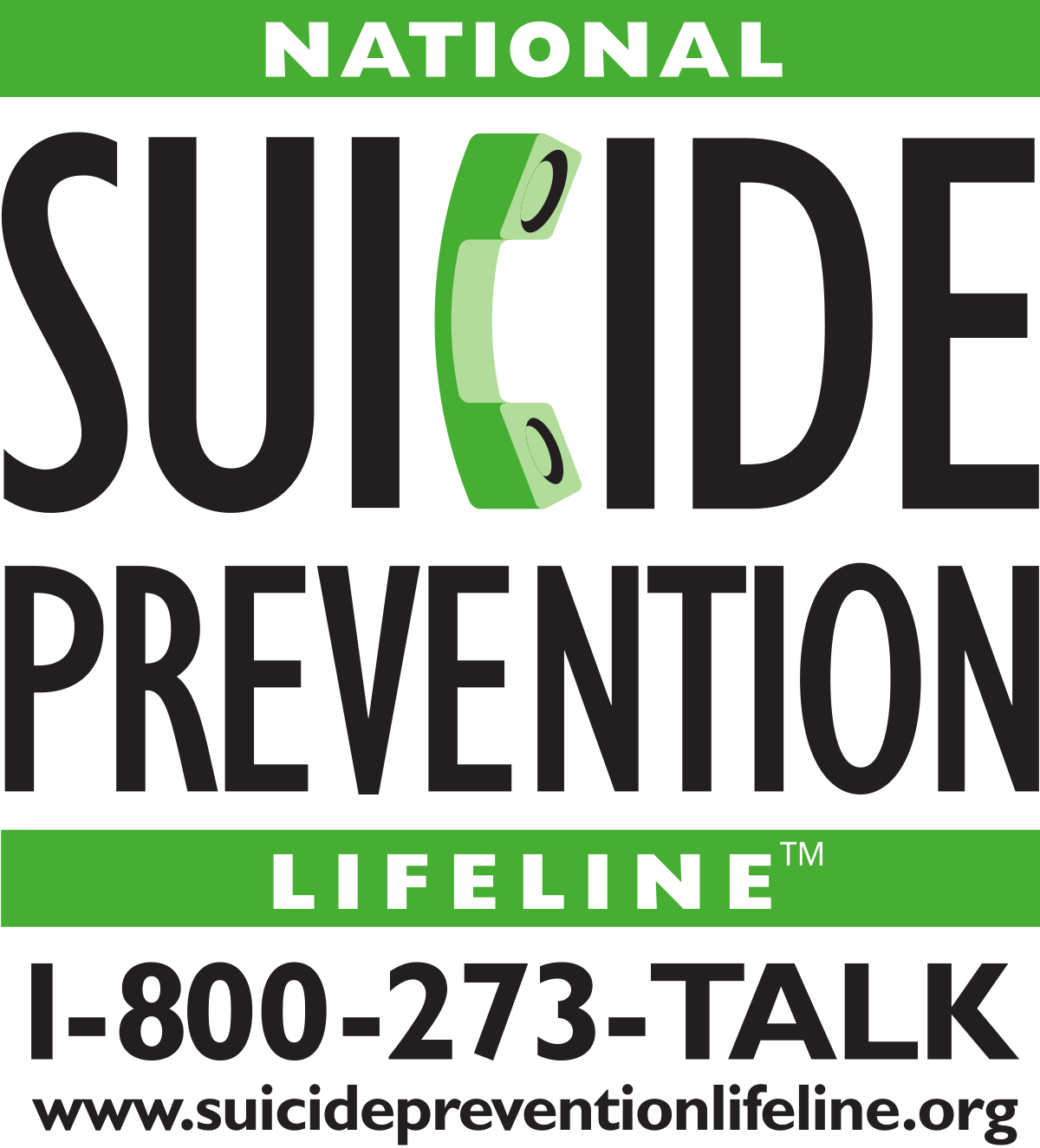24/7 Free and Confidential Lifeline
988 Suicide & Crisis Lifeline - 24/7 Text, Talk, Chat
Blog
How to Effectively Care for Yourself During the Holidays as a Survivor of Suicide Loss
Jan 30, 2019
If you find yourself grieving the loss of a loved one by suicide during the holiday season, you are not alone. Approximately one in 64 people in the United States are survivors of suicide at this juncture in time, according to the U.S. Centers for Disease Control and Prevention. That amounts to about 4.5 million people in the country.
People, who lose a loved one to suicide recently, or even quite a long time ago, can face uniquely challenging issues during the holiday season. As a consequence, they need to understand what they can do, and should avoid, in order to effectively and consistently care for themselves during the holidays.
Grieve on Your Terms
The most important step you can – must – take to effectively, compassionately care for yourself during the holiday season is to grieve on your own terms. This is the case whether you have recently lost a loved one to suicide or if the death occurred sometime in the past. Bear in mind that the lapse of time alone does not bring the grieving process to an end.
Elisabeth Kubler-Ross became renowned around the world for the development of the concept of the five stages of grief. These stages are:
- Denial
- Anger
- Bargaining
- Depression
- Acceptance
A common misconception of the five stages of grief is that they are linear. In fact, they are not. People wrongly believe that you pass from one stage of grief to the next, carrying forth in sequence until you reach acceptance. The reality is that a grieving person can end up going from one stage to another and then back again.
Another common misconception about the Kubler-Ross stages of grief is that they are mutually exclusive. They are not. For example, a person who’s lost a loved one to suicide can be depressed and angry at the same time, can be in denial and angry simultaneously, and so forth.
The bottom line is that you are entitled to grieve on your own terms. You do not have to accept anyone else’s grieving scheme as your own.
Mourning and Memorializing During the Holidays as a Survivor of Suicide Loss
Even if the loss of a loved one by suicide is in the past, and not particularly recent, the holiday season can bring back a rush of memories associated with grieving the absence of this person in your life. Mourning and grieving are not one in the same, they are not synonymous. With that noted, when faced with ongoing or recurring grief during the holiday season, mourning and memorializing your loved one can bring a sense of relief and comfort to you.
There are a number of courses you can take to mourn appropriately and memorialize a loved one lost by suicide during the holiday season. These can prove to be effective means of contribution to your overall efforts at self-care during the holiday season.
Many people are able to mourn loss and memorialize a loved one by continuing some important holiday traditions that were shared with a person who is now gone. Although this may sound contradictory, establishing some new traditions can also be helpful when it comes to caring for your self during the holiday season. While you want to mourn and memorialize the loved one who is lost, you also must take steps to move onward in life.
Moving forward can also necessitate some new traditions during the holiday season. This most definitely does not mean that you should wash away all traditions you enjoyed with your deceased loved one. In the end, carrying on some old traditions, coupled with starting some new ones represents a wise balancing that can prove part of your own holiday care plan as a survivor of suicide loss.
The Ugly Face of Shame: A Unique Challenge of Suicide Survivor Loss
As you attempt to effectively care for yourself during the holiday season as a survivor of suicide loss, shame very well may be an issue you face. Despite the openness of an ever-growing number of people to discuss different aspects of suicide loss, a stigma still attaches to suicide.
Not only do people who have attempted suicide face a sense of shame in many instances, so do certain survivors of suicide loss. For example, family members of people who take their own lives oftentimes experience what proves to be a persistent sense of shame.
If you are dealing with shame as a suicide loss survivor, there are some tactics to employ as part of your overall effort at self-care during the holiday season. These include:
Seek professional treatment or therapy. This can include joining a survivor of suicide loss support group. Being with people in a situation similar to your own, you can access strategies and resources to aid in overcoming shame associated with the suicide of a loved one. The National Alliance on Mental Illness, or NAMI, maintains a comprehensive website that includes information about suitable resources for people struggling with issues like shame associated with suicide loss.
Avoid isolating yourself. A common reaction to feeling a sense of shame is to hide away. The reality is withdrawing and isolating typically does not reduce a feeling of shame. Rather, isolation typically enhances a person’s sense of shame.
Tips to Find Joy as a Survivor of Suicide Loss
Finally, in order to effectively care for yourself during the holidays as a survivor of suicide loss, there are some simple things that you can do to find joy. One of the most important of these simple tactics that can be a source of joy is spending time with people who make you feel safe and comfortable. This may include family members, it may not. When trying to effectively practice self-care in the aftermath of a suicide of a loved one, you may need to spend some time apart from your family. That doesn’t mean you abandon them all together during the holiday season. However, it may mean that you restrict the amount of time you do spend with them.
Another simple tactic to consider utilizing to find a sense of joy during the holiday season is to take a break from some of your routines. For example, you may want to consider not just taking some time off work, but scheduling nothing specific for your free time. Many people in this hyper-connected era find that spending unscheduled and unstructured time truly proves to be a joyful experience.
Remember that joy can be realized from the simplest of things, including enjoying your favorite foods, watching beloved movies, or playing with your dog or cat. In the end, grieving and mourning the loss of a loved one by suicide doesn’t preclude the possibility of experiencing moments of joy during the holiday season.
Back to Blog Main Page




